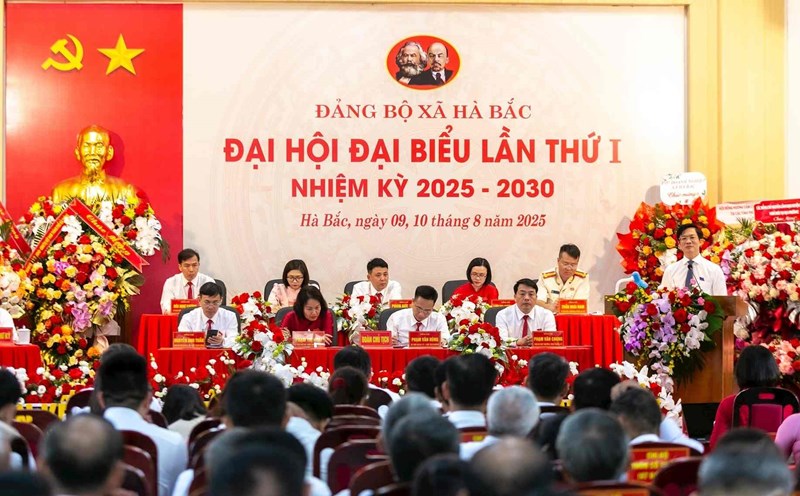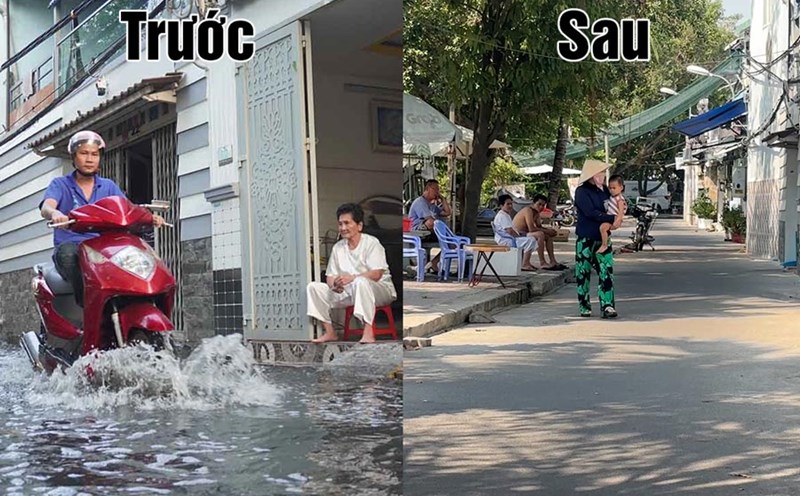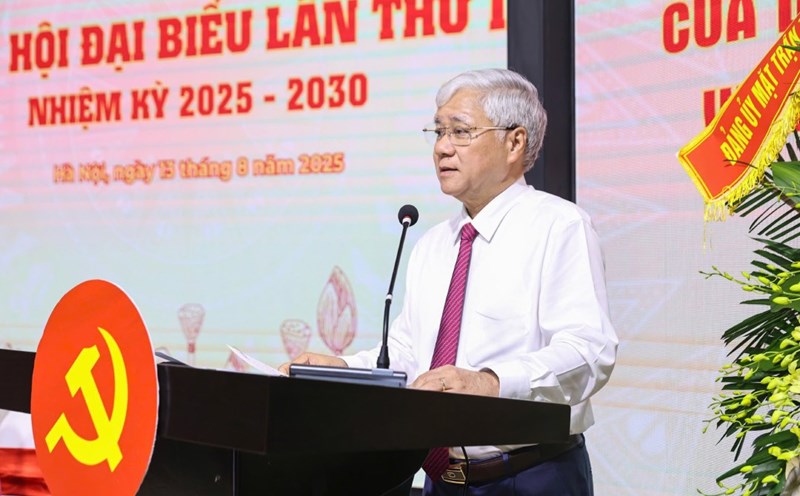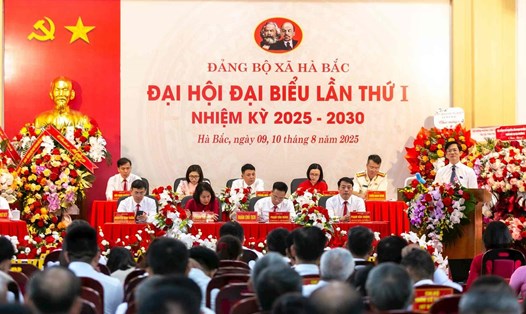On August 13, at the 2nd Session of the 8th Quang Tri Provincial People's Council, delegate Tran Viet Dung (Department No. 16) expressed his high agreement with the reports submitted at the session, and at the same time clearly stated the difficulties in agricultural and livestock production due to the impact of storm No. 1, pests and diseases and African swine fever.
He suggested that the province have solutions to remove them and provide timely support to farmers; pay more attention to the characteristics of localities in mountainous, coastal, remote and isolated areas, especially in allocating resources for infrastructure investment, supporting livelihood transformation, preventing natural disasters and adapting to climate change.
Regarding the implementation of the 2-level local government model after July 1, 2025, the delegate assessed that the apparatus has been initially streamlined, improving management efficiency and efficiency, reducing intermediate levels, serving people better, most administrative procedures are completed early and on time.
However, in practice, there are still many difficulties: the workload at the commune level has increased; the headquarters infrastructure and equipment have degraded; the coordination process between provincial departments and offices with the grassroots is not synchronous; job positions in some communes are not arranged in accordance with professional skills, affecting operational efficiency.
To overcome this, delegate Tran Viet Dung proposed that the Provincial People's Committee soon issue coordination regulations between departments, branches and commune-level People's Committees, clearly defining principles, contents, responsibilities and coordination methods.
At the same time, priority is given to investing in headquarters infrastructure, equipment and digital transformation for new communes; enhancing training and fostering management skills, expertise, and information technology for grassroots cadres.
He also proposed that the province issue a mechanism for the commune level to proactively and flexibly mobilize, receive or exchange cadres and civil servants within and between communes; balance revenue sources, allocate a percentage of some revenue sources such as land use fees so that communes have capital to build infrastructure, serving socio-economic development.











